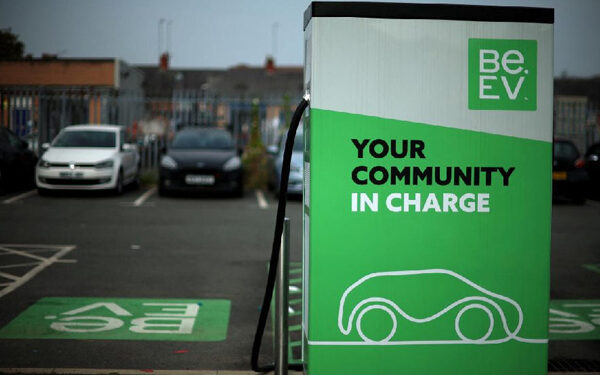As the ambitious government goal of one million EV sales in 2023 looms, the need for a swift expansion of charging infrastructure is growing more vociferous among electric vehicle (EV) players, including manufacturers and start-ups.
According to an EV insider, the transportation sector is at a turning point when getting from Point A to Point B must be done responsibly and with consideration for the environment.
“We forecast rapid adoption of our electric and clean technology vehicles by customers as charging infrastructure improves and green energy becomes widely available,” said Vinod Agarwal, MD and CEO of VE Commercial Vehicles, a joint venture between Volvo Group and Eicher Motors.
In the commercial sector, “both institutional and retail consumers have realized the advantages of electric vehicles, including higher profitability and a smooth driving experience.
According to Saurav Kumar, the CEO of Euler Motors, “the industry should also prioritize making electric vehicle financing more accessible while continuing to improve the charging and service infrastructure.”
Uday Narang, the creator of Omega Seiki Mobility, demanded that the government provide incentives and support for electric trucks. Although there have been creative ways to finance EVs, he believed that building charging infrastructure is still urgently needed.
According to Sunjay Kapur, president of the Auto Components Manufacturing Association (ACMA), EV parts now make up 2.7% of the components industry’s total revenue, up from 1% in 2021–2022.
“With greater investment in technology, we’ve made significant progress in supplying components for electric vehicles,” he claimed.








